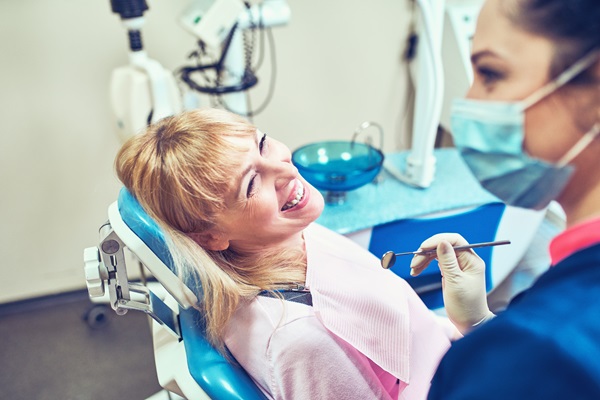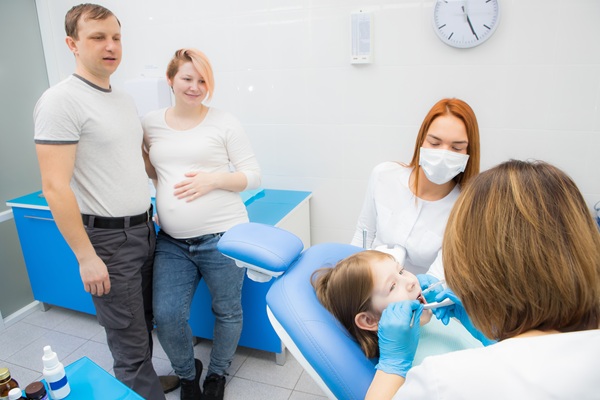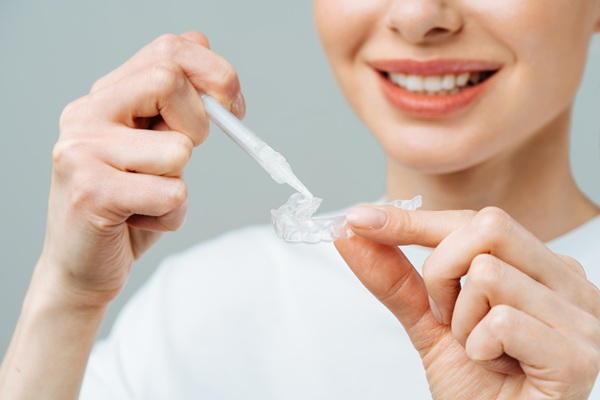How Flossing Is Important for Preventive Dentistry

Flossing is an important component of preventive dentistry. Flossing must always accompany daily brushing. This may seem insignificant. After all, it involves running a line of floss through the thin gaps of your teeth. Even so, flossing benefits your teeth. If you want to know how valuable flossing is for preventive dentistry, here are the details.
Keeps plaque and tartar from building up
Plaque is a sticky biofilm on the outer surface of teeth. It houses good and bad bacteria. Excessive plaque damages teeth. The calcium deposits in plaque harden it over time. This transforms plaque into tartar. This hardened plaque decays teeth, especially when it settles along the gumline.
Flossing is an additional task before or after brushing. Running a thin dental floss to get in between teeth is a good way to ensure the removal of plaque. This delays the formation of tartar. Flossing is vital in preventive dentistry.
Fights periodontitis
Using dental floss allows an individual to remove bacteria from the thin gaps between teeth. These areas are unreachable to a manual toothbrush. Bacteria multiply in these areas while sleeping through the night. Some of them may even enter the gum tissue. These harmful bacteria can cause periodontitis. Flossing every day helps prevent the onset of gingivitis and periodontal disease.
Removes food particles
Feeling pieces of food in between teeth is irritating. The first thing many people do is find a toothpick and try to dislodge the piece of food. Doing this may cause bleeding at times. This becomes a good opening for bacteria. Wooden toothpicks may also break off and leave a splinter in the gums. Dental floss is a better tool for removing the pieces of food in between teeth.
Flossing after every meal or snack should be a habit. It should be an automatic thing. Individuals must still floss even if the dish feels as if it did not leave any particles of food. This is an effective way to care for teeth and elevate general health.
Protects dental work
Flossing is a good tool in preventive dentistry when it comes to caring for any dental restorations. It is a good way of protecting such an investment. Bacteria can hide in between teeth with restorations. Brushing is good, but flossing can remove bacteria and food particles better. It prevents bacterial damage around the dental restoration.
Helps in preventing cavities
Preventive dentistry uses flossing as an instrument against decay as well. Flossing prevents tooth decay from starting on the side of a tooth. An infection at the side of a tooth can spread to the neighboring tooth. This can be frustrating. That is why preventive dentistry dentists encourage flossing every day.
Flossing is one of the valuable tools in preventive dentistry
Brushing and flossing always go together. Flossing makes your oral hygiene routine longer. Even so, the rewards from it spread into your general health. An appointment with your dentist can teach you the proper way to floss. This is a potent way to practice preventive dentistry.
Are you considering having a preventive dentistry procedure in the Memphis area? Get more information at https://memphisfamilydental.com.
Check out what others are saying about our dental services on Yelp: Preventative Dental Care in Memphis, TN.
Related Posts
Preventive dentistry involves using the right products. This includes selecting the right toothpaste. There is a type of toothpaste for every person. If you want to enhance your preventive dentistry brushing strategy, here are some tips on choosing the right toothpaste.The attending dentist will be the judge of the most suitable toothpaste. The dentist knows…
An in-office professional dental cleaning is a crucial aspect of maintaining good oral health. While oral hygiene done at home is a great way to keep the teeth and gums healthy, it is important to see a general dentist on a regular basis for cleanings and examinations. Dental cleanings are simple, easy, and relatively painless,…
General dentists recommend adding flossing to your oral hygiene routine once a day. This important practice removes plaque and food debris that brushing alone cannot reach. While string floss is an effective way to clean between your teeth, several alternative methods can make the cleaning process more comfortable and efficient.Flossing is an essential part of…
Dental fillings are one of the most common ways that cavities are treated by dentists. For cavities that are mild to moderate, dental fillings are the most appropriate route to take. Additionally, it is one of the most straightforward procedures to perform. With that, it is helpful to have an understanding of what goes on…


